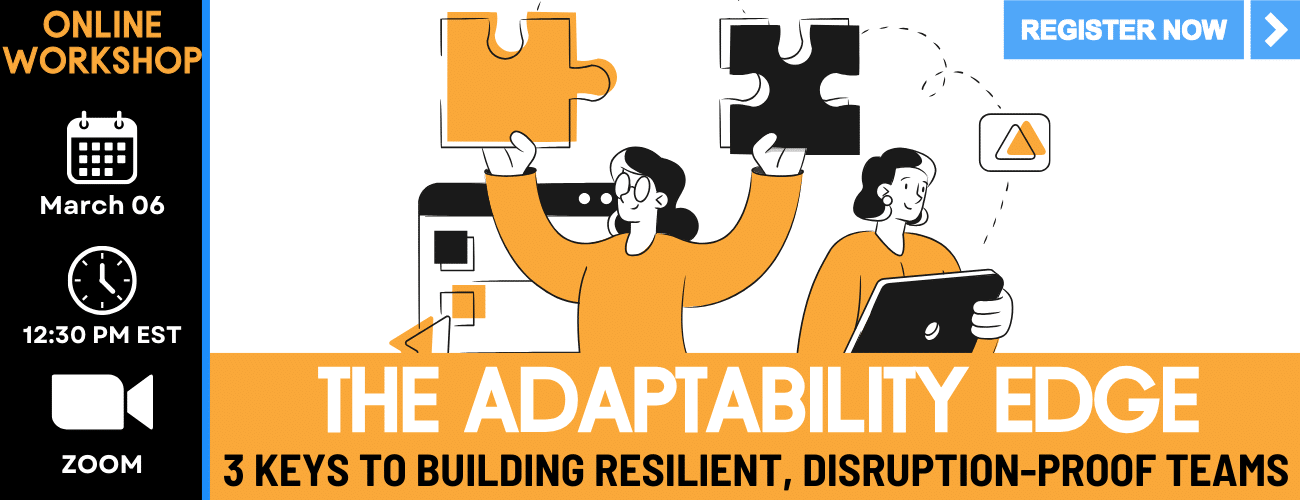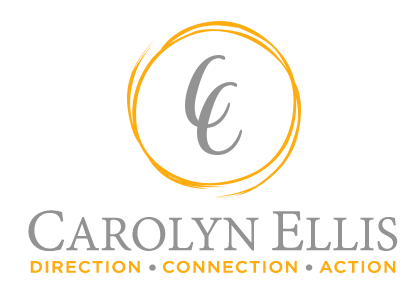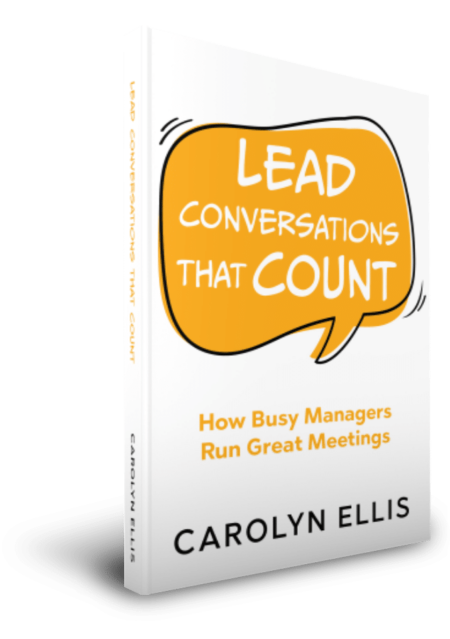Change is here to stay and it’s stressing a lot of people out. We are all trying to adapt as best as we can, but some of the normal “go to” strategies that used to work aren’t helping like we might expect. Put together a global pandemic, the proliferation of artificial intelligence and rapid change into the mix and the need to re-think productivity is more important than ever.

Getting better at “time management” won’t help when you’re already juggling responsibilities at work and at home for 16 hours a day and you’re exhausted.
Saying you “need to stay focused” is as successful as pushing jello up a hill when your environment and technology is wired to expose you to perpetual interruptions.
Being great at your job without it coming at the cost of your well-being and sense of fulfillment comes up often in my conversations with my executive coaching clients. Using the lens of adaptability, thinking about what we need to unlearn or reimagine about the ways to be a high performing contributor at work and at home is needed.
Here are a few myths about productivity that are useful to debunk so you can actually focus, flow and fulfillment. As Oliver Burkeman points out in his book, 4000 Weeks: Time Management for Mortals, we have finite time to be ping-ponging around trying to “do it all”.
Myth: Attention is a “Resource”
Truth: Attention is Life
I used to think of attention as a resource. You wake up with so much willpower or attention units in a day, so spend them wisely like I would with my money. Introducing the idea of scarcity helps you make more conscious choices, and that’s got to be a good thing, right?
Maybe not.
Burkeman argues that the prevailing belief that attention is a finite resource is a common productivity myth. “Attention isn’t a resource, it is life,” he states. “Your experience of being alive consists of nothing other than the sum of everything to which you pay attention.”
Attention is a choice we make from moment to moment that is always there for us to make. So the question to ask yourself is, where am I giving my attention now and does that align with my goals and sense of purpose?
Myth: Put the Big Rocks in First
Truth: Put the Big Chunks of the Most Important Rocks in First
Early in my career when I worked in government, I loved everything about Stephen Covey. Setting up my Franklin-Covey planning system for the next year was always fun. His demonstration about the importance of putting the “big rocks” into your calendar first, and then finding spaces in the cracks for less important but needed life tasks (the pebbles, sand, and water) I found compelling and quite useful.
Fast forward a few decades into an increasingly volatile, uncertain and quickly changing world. Burkeman argues that people have too many “big rocks” – professional and personal – to come even close to fitting in Covey’s framework.
I have to say I agree. To avoid feeling overwhelmed and spreading ourselves too thin, it is crucial to get really clear on what truly matters most. Take some “big rocks” off your list entirely. Maybe you have rocks that are stale-dated and made sense in your 20s, but not in your 50s or 60s. Instead of “big rock” priorities, chunk them down into clear pieces so you know what’s needed to accomplish them. Chunking down complex tasks helps you stay focused on your core priorities, which helps you achieve greater productivity and fulfillment.
Myth: Productivity Leads to Work-Life Balance
Truth: Recalibrate to Meet the Season of Your Life
The concept of work-life balance is something that so many have talked about for so long, but what does it really mean? It seems like employers and employees alike have been talking about work-life balance and how to make it happen.
As the world evolves, so must our personal operating systems for productivity and how we approach work. Rather than striving for a mythical “balance” between work and life, consider it a process of ongoing recalibration instead. Pay attention to the season of your life. There will be times when work needs to shift into high gear, and other activities are secondary. There will be times when family or personal needs consume your calendar, and you need to shift to a different level of intensity on everything else.
Remember that recalibration also means your own well-being is on your priority list. Embrace the idea of filling your cup first, ensuring you have the energy and enthusiasm to tackle professional challenges. Let go of the notion of “doing it all” and instead create space for moments of joy and rejuvenation. By allowing yourself to recharge and experience spontaneous moments of delight, you’ll enhance both your well-being and productivity.
If you’re interested in helping your team or organization build its adaptive capacity, let’s connect!




